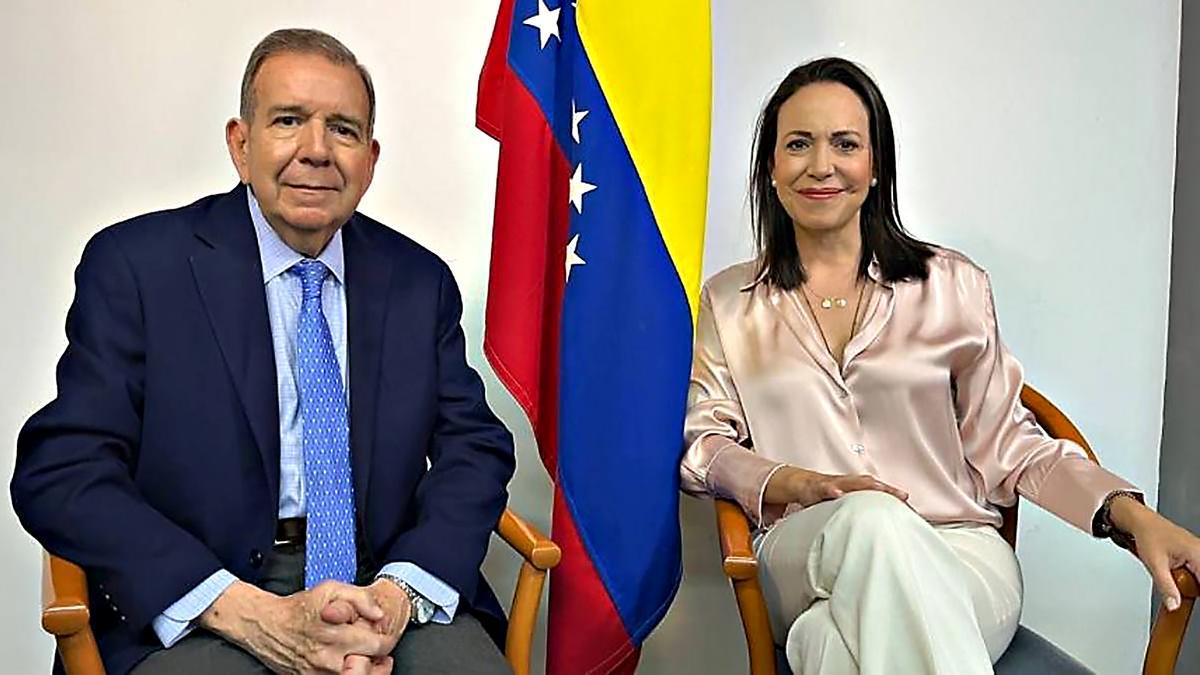Venezuela’s opposition has criticized the late President Hugo Chávez for abandoning the country’s territorial claim to Guyana’s Essequibo region.
“Hugo Chávez irresponsibly abandoned the active reclamation of the Essequibo for purely political reasons,” Edmundo González Urrutia, “President-Elect” of Venezuela and María Corina Machado, Leader of the Democratic Forces, said in a statement issued on April 1.
A case is currently before the World Court to put the issue to rest.
In the statement, they argued that Chávez followed Fidel Castro’s orders to align with Caribbean nations in exchange for political support. The Opposition also accuses President Nicolás Maduro of continuing this negligence.
“Maduro allowed for years the granting of concessions for resource exploitation in the disputed area,” they said.
The Opposition condemned the government’s failure to prevent the International Court of Justice (ICJ) from taking up Guyana’s case. “Chávez and Maduro did not take the necessary actions to prevent or reverse this situation,” they argued.
Guyana asks ICJ to stop Venezuela’s plan for May election in the Essequibo region | OilNOW
Despite their criticism, the Opposition leaders rejected any military action: “We strongly oppose any military option to resolve this matter.” They are calling for a legal and strategic defense without “political or ideological manipulation”.
The substantive case at the ICJ centers on the 1899 Arbitral Award, which legally determined the boundary between the two countries. Venezuela, after accepting the boundary for decades, declared the award null and void in 1962 and has since claimed over two-thirds of Guyana’s territory in the Essequibo region.
In March, a Venezuelan Coast Guard patrol vessel entered Guyana’s EEZ and approached the Prosperity floating production, storage and offloading (FPSO) vessel. Notably, while ExxonMobil has refrained from exploring the northwest section of the Stabroek Block due to the controversy, this latest incursion marks Venezuela’s most eastward move into the block—an area where all of Exxon’s production operations have been concentrated.
The U.S. has said Venezuela will face consequences if its provocation continues. A position further reinforced during U.S. Secretary of State Marco Rubio’s recent visit to Guyana.



